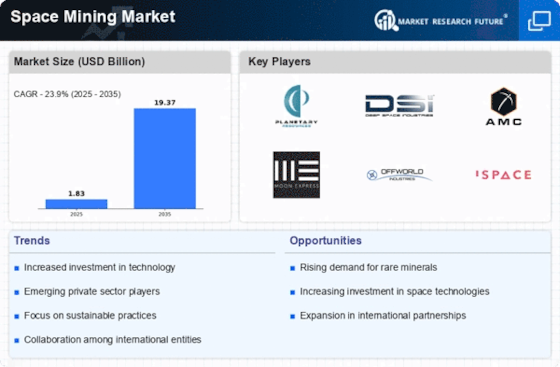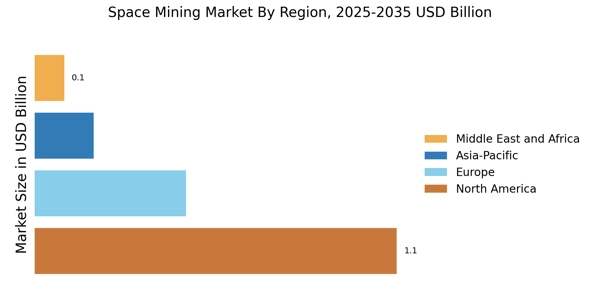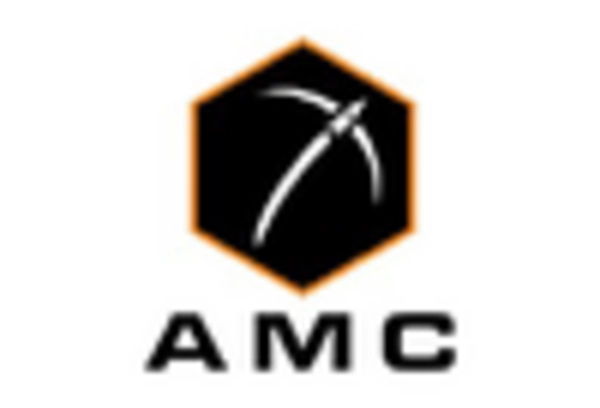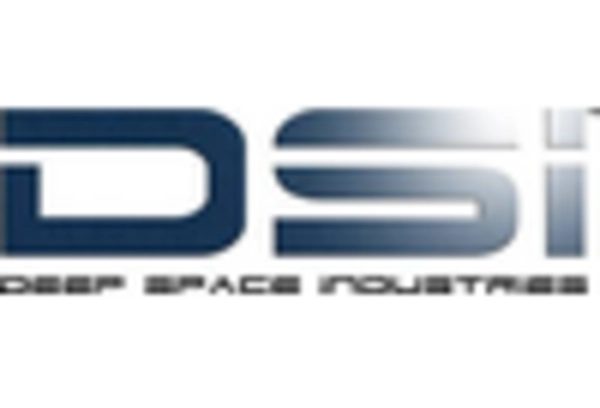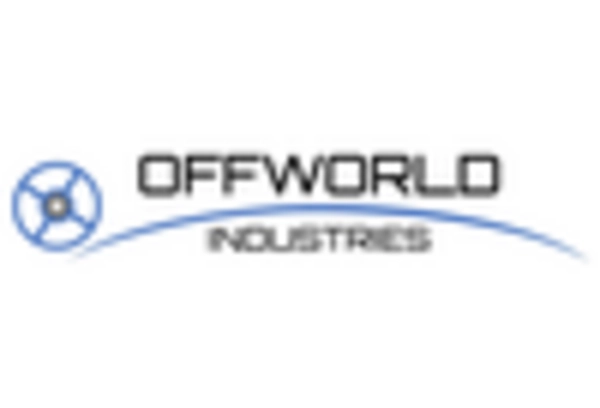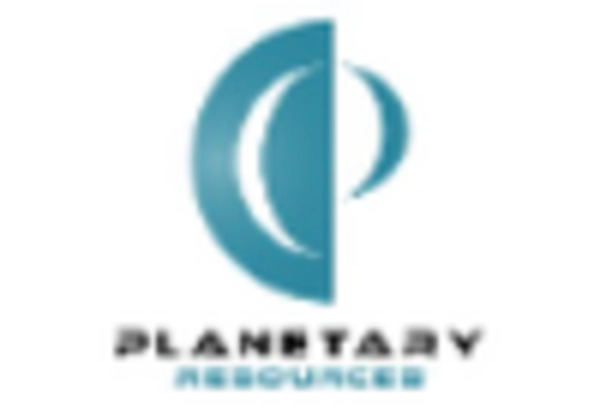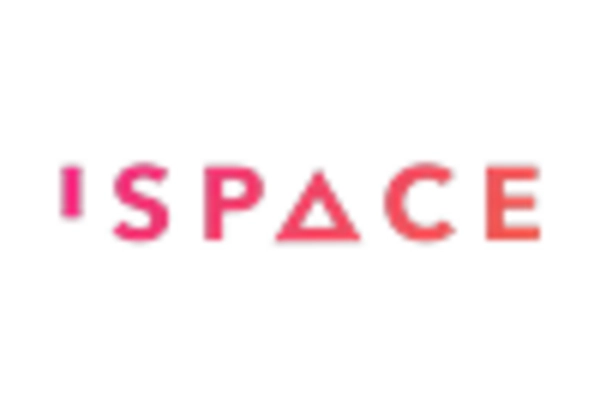Resource Scarcity
The increasing scarcity of terrestrial resources appears to be a driving force in the Space Mining Market. As the demand for rare minerals and metals escalates, particularly in technology and renewable energy sectors, the need to explore alternative sources becomes more pressing. For instance, the depletion of certain rare earth elements on Earth has prompted companies to consider asteroids and other celestial bodies as viable sources. The Space Mining Market may potentially provide access to vast quantities of these resources, which could alleviate some of the pressure on terrestrial mining operations. This shift towards space-based resource extraction could redefine supply chains and create new economic opportunities, as companies seek to secure their positions in this emerging market.
Economic Viability
The economic viability of space mining is becoming increasingly apparent, driving interest in the Space Mining Market. With estimates suggesting that asteroids could contain trillions of dollars worth of precious metals, the financial incentives for mining in space are substantial. As the costs of launching and operating spacecraft decrease, the potential return on investment for space mining operations becomes more attractive. Companies are beginning to explore business models that capitalize on these opportunities, which could lead to a new era of resource extraction. The Space Mining Market may witness a surge in investment as stakeholders recognize the long-term benefits of tapping into extraterrestrial resources, potentially reshaping the economic landscape of resource acquisition.
Regulatory Frameworks
The establishment of regulatory frameworks is essential for the growth of the Space Mining Market. As interest in space resources intensifies, the need for clear guidelines and policies becomes critical. Governments and international organizations are working to create legal structures that govern the extraction and ownership of space resources. These regulations aim to ensure that space mining activities are conducted responsibly and sustainably, addressing concerns about environmental impact and resource depletion. The Space Mining Market may benefit from these developments, as a well-defined regulatory environment can provide the necessary stability and confidence for investors and companies. This clarity could facilitate the growth of the industry, encouraging more players to enter the market.
Technological Innovations
Technological advancements are pivotal in shaping the Space Mining Market. Innovations in robotics, artificial intelligence, and spacecraft design are enhancing the feasibility of mining operations in space. For example, the development of autonomous mining robots capable of operating in harsh extraterrestrial environments is a game changer. These technologies not only reduce the risks associated with human involvement but also increase efficiency and precision in resource extraction. The Space Mining Market is likely to benefit from ongoing research and development, which could lead to breakthroughs that make space mining more economically viable. As these technologies mature, they may lower operational costs and improve the overall sustainability of space mining endeavors.
International Collaboration
International collaboration is emerging as a crucial driver in the Space Mining Market. As nations recognize the potential benefits of space resources, partnerships are forming to share knowledge, technology, and investment. Collaborative efforts, such as joint missions and research initiatives, can accelerate the development of space mining capabilities. For instance, agreements between countries to explore asteroids collectively may lead to more efficient resource extraction strategies. This cooperative approach not only enhances the technological landscape but also fosters a regulatory framework that can support the sustainable development of space resources. The Space Mining Market may see increased momentum as these partnerships evolve, potentially leading to a more unified approach to space resource management.


